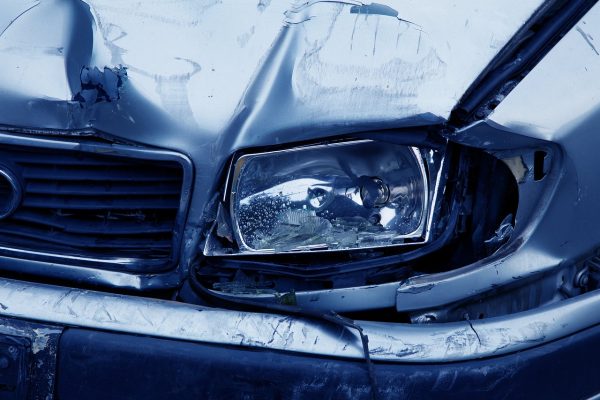As unfortunate as it is, car accidents do occur in Fort Lauderdale, Florida, on a frequent basis, and they can be extremely stressful and overwhelming for everyone involved. Dealing with injuries and vehicle damage also presents challenges that need to be handled after a car accident takes place. One of the most important aspects in these situations is determining who is to blame for the accident.

If you’re looking for comprehensive information and guidance from a Fort Lauderdale car accident attorney, go to schillingsilvers.com. The legal team at their Florida law firm offers free consultations to victims of car crashes in Broward County and the surrounding areas.
Why Fault in Fort Lauderdale Car Accidents Can Be Tricky
Determining fault in a Fort Lauderdale car accident requires an investigation into the circumstances surrounding the incident. While it may appear to be a simple process, it often involves analyzing evidence such as photographs, statements from eyewitnesses, police reports, and even expert opinions.
In some cases, both drivers share some level of responsibility for what happened. That is why it’s crucial to establish negligence, that is, assessing whether one party acted irresponsibly or failed to fulfill their driving duties.
Determining fault can depend on factors such as exceeding speed limits, violating traffic rules and regulations (e.g., running a light), distracted driving (such as texting while behind the wheel), drunk driving, aggressive behavior on the road (e.g., tailgating), inadequate vehicle maintenance, or failure to use proper signals.
Common Types of Car Accidents in and Around Fort Lauderdale, Florida
After a car accident in Fort Lauderdale, Florida, occurs, there are several situations where liability may come into play:
- Rear-end Collisions: These happen when a driver fails to maintain a safe distance from the vehicle in front and ends up colliding with it from behind. In most cases, the driver who hits the vehicle ahead is usually considered at fault.
- Left Turn Accidents: When a driver makes a left turn at an intersection and collides with another vehicle that is going straight through the intersection, the responsibility usually lies on the one making the turn unless it can be proven that another driver was speeding or ran a light.
- Multi-Vehicle Collisions: When accidents involve more than two vehicles, determining liability becomes more complex. Each individual’s contribution must be taken into account to assign fault proportionately.
Shared Fault: Contributory or Comparative Negligence
It’s also important to note that in some jurisdictions, liability can be shared among all parties involved in an accident. This is known as contributory or comparative negligence. In such cases, the extent to which each party contributed to the accident is carefully considered, and the fault may be divided based on this analysis. For instance, if one driver was 80% at fault and another driver was 20% at fault, financial responsibility would be divided accordingly.
The Impact of Liability on Insurance Claims in Fort Lauderdale
When it comes to insurance claims after a car accident, the determination of liability plays a major role. If you are found to be at fault for the accident, your insurance rates are likely to go up as you will be considered a higher-risk driver. On the other hand, if the other driver is primarily responsible for the accident and there is evidence supporting this finding, their insurance company usually covers damages and injury costs up to the policy limits.
Some insurance policies offer coverage regardless of fault through provisions like Uninsured Motorist (UM) or Underinsured Motorist (UIM). These provisions protect drivers in cases where accidents are caused by underinsured motorists who cannot afford to cover their liabilities.
If you find yourself unsure about who’s liable following a car accident or are facing difficulties in reaching an amicable settlement with insurance providers, it’s important to seek guidance from an experienced lawyer in Fort Lauderdale, specializing in personal injury cases. An attorney can provide support by analyzing evidence, negotiating settlements on your behalf, and ensuring that all legal aspects are carefully considered throughout the process.
Safeguarding Your Rights
Determining fault in a Fort Lauderdale car accident can be intricate and often requires investigation of the specific details surrounding the incident. Having an understanding of situations where liability becomes a factor and how shared fault affects the outcomes can give you insights on how to navigate these complex scenarios effectively. If you have experienced injuries or property damage due to an accident, it is advisable to consult with a car accident attorney in Fort Lauderdale from Schilling & Silvers Property and Accident Attorneys who can safeguard your rights and secure compensation in such circumstances.

